the different stages of a creative writing project
Many budding writers aren’t sure how to take an idea from start to finished project. This post focuses on the various stages of the writing process when dealing with a major creative project. I hope this will ignite some interesting discussion on how an idea or experience blossoms into a life-changing creative project.
The 4 stages of an idea
1. Inspiration: I recently heard on the radio how James Cameron’s diving experience to the site of the sunken Titantic inspired the idea for his movie on the epic ship. I had a similar experience with my trip to the Dominican Republic in 2009. My visit to that cacao plantation and seeing and tasting the contents of a cacao pod was my inspiration in writing Chocolatour. Your inspiration can come from an experience, an event, a person or culture. Artists consider the world to be their palette. The same holds true for writers. A good idea can come from anywhere.
2. Incubation: This stage is all about the birth of an idea. In my case, it took about 9 months from the time I had that plantation experience to the time that I began researching this book in earnest. Some ideas may be more like elephants and take a couple of years to be born. Some may lie dormant for even longer before the fermentation stage is complete and you move on to turning an idea for a writing project into reality.
3. Implementation: This is really the research stage that a writing project will require. Some may be quick. Because I had lived the experiences necessary for my book on volunteerism, I was able to write that book in just three months. The research stage had been lived over the preceding 25 years of my life. For some projects, like Chocolatour, extensive field (travel) research may be required. For other projects, research may involve burying your head in various archives of libraries, company records, or talking to people for as long as it takes to get the information you require.
4. Interpretation: This is the final stage in which we turn the research into a finished written product or literary work of art. In this final stage of the creative process, we interpret the research and turn our thoughts and findings into words. We write. We self edit. And then in most cases, our work is edited by a professional editor who helps polish our work. Some additional writing may be necessary if we’re going through a substantive (major) edit. But in the end, hopefully, we are proud and pleased with the final product and we are ready to share it with the world.
That is pretty much how my writing process has worked over the past 20+ years I have been working as a freelance writer, but particularly in the last few years that I have turned my attention to writing books.
What about you? Have your own experiences as a writer and author been similar? Is there a particular process in your writing that you enjoy or despise?
Please share your thoughts here. I love our discussions!
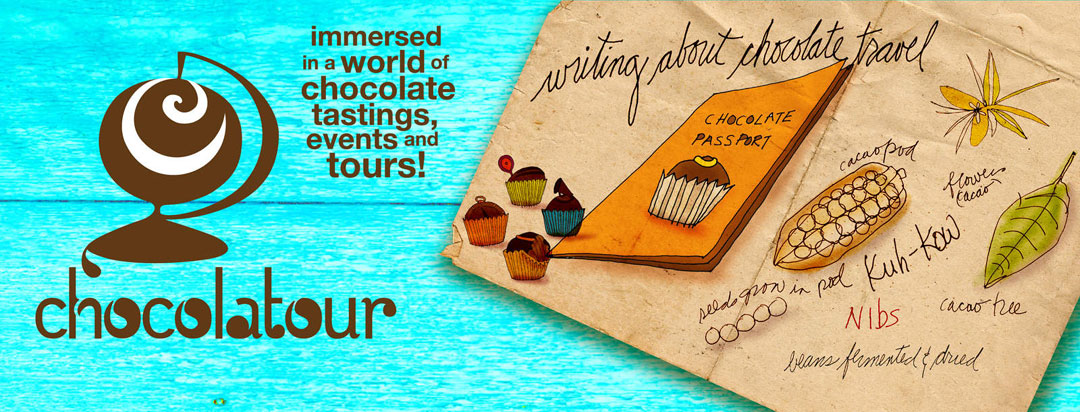


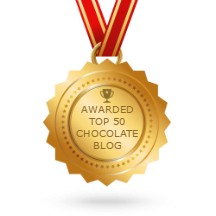
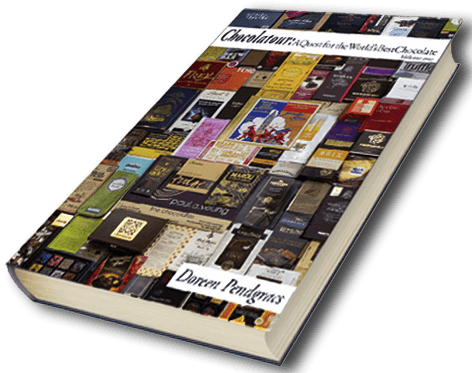



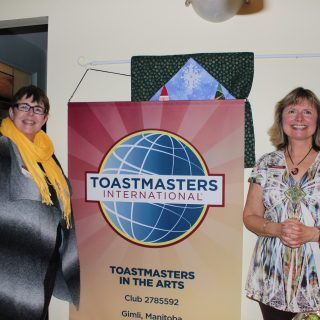
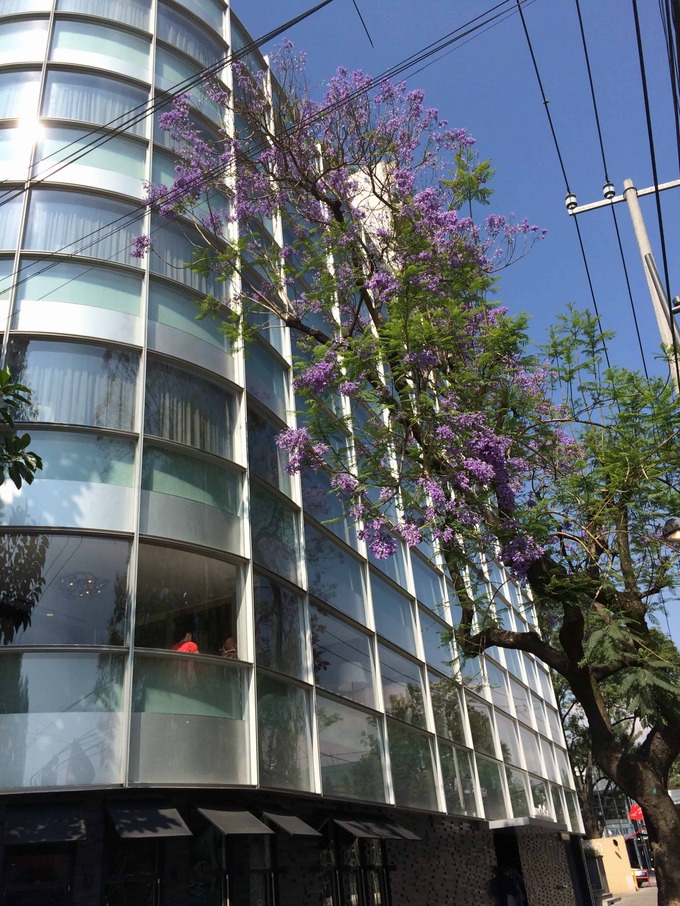

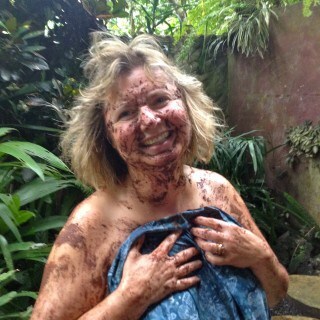
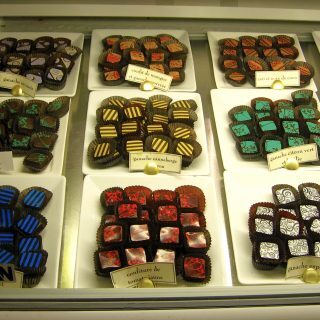
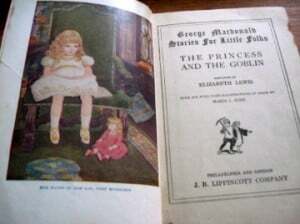
Superb Article! All the tips are very important for creative writing. By following these postulates, we can polish our writing skills. Thank you so much for sharing an informative article.
My relatives always say that I am wasting my time here at net, but I
know I am getting know-how everyday by reading these good articles.
This article is very good & informative.I have gain so much information from this blog.I like your blog.Thanks for the post.I am waiting for your new post.
Thesis Dissertation writing services recently posted…Apple’s iPad for Online Education
I could very much relate to your post on more then one level. I am an artist that loves to tell stories. Sometimes the art will drive the story and other times the story will drive the art. Regardless of the where the inspiration my come from the process, as you laid out, is always the same.
For me, the biggest challenge is my dyslexia. Whenever I am reading and editing my work. I often do not see the errors. It takes a great deal of effort for me to focus on what I am really looking at to ensure what I write will make sense.
I very much enjoyed your article and look forward to reading more in the next day or so. 🙂
Susan Cooper recently posted…A Blogger’s Favorite Quote: Diane Lee
Doreen — I think finding inspiration is the hardest part of the journey. Writing is not easy — and I don’t believe it becomes easier with experience. In fact, we begin to self-edit before we allow the inspiration to blossom – at least that’s my view. We’ve done so much writing that we’re shaping the idea before allowing our imaginations to fly.
Hi Jeannette and thanks for joining the conversation. It’s always great to hear from you!
I’m lucky in that I don’t do a lot of self-editing. For me, the writing doesn’t truly begin until I’ve mulled something around in my subconscious until it’s fully fermented and ready to come out in what I think is the ultimate form.
Indeed, there are occasionally changes with an edit, but the true essence of what is written only comes out when it is ready to. Until the true spirit (muse) is present, I am totally distracted with other things, but when the muse has arrived … look out!
I really like the way you broke the process down Doreen – the inspiration is the most interesting part in a way as it can come from an odd comment or simply an opening line of a freewrite, But then as you say the incubation -I love that you use that term – is, I think the part I enjoy the most. That’s when anything is possible, and all the what if’s can bubble under the surface.
I think of the implementation and interpretation as really part of the same thing. In researching Radio Echo , which is set in 1940’s Italy, the writing was already in progress. But certainly what I found out from the research then guided my plot. It was a new experience for me, having not tackled a historical novel before. To me the research was fantastic, and I loved the decision making process of what to try and weave into the plot line without making it a history lesson. Again, less is always more.
A.K.Andrew recently posted…Writing Like Steinbeck
Thanks for the insightful comment, A.K. Always great to hear from you.
As I’ve never written fiction, I have no doubt that the process is slightly different than for those of us who write non-fiction. You folks really have to add imagination to the mix!
Very interesting article on the stages of writing. I tend to agree with them. But I also submit that your stages give credence to my view that there is no such thing as fiction. Rather, in my view, everything a writer writes comes comes from who s/he is and what s/he has experienced in life.
Thanks for joining the blog, Robert, and for sharing your thoughts.
I tend to agree with you that there is no such thing as true fiction. Everything we think, dream and write comes from the essence of our being and from our imaginations. I will take you up on that offer to write a guest post on the subject. Can you have 350-500 words to me by April 16th?
Yes, you always need an inspiration in everything you do. That’s the vital part in a creation! You have to be motivated in order to come up in a nice idea. Thanks for sharing!
The notion of an idea being broken down into stages and writing broken down into discrete and specific ways of doing things always makes me despair. The balance of solitary and community enforced by being a writer is sufficiently challenging. But ideas? With any luck, they appear unannounced out of our subconscious, perhaps a combination of desire, destiny, dreaming and dumb luck. If you stay busy, they have no space to filter through, no way to emerge unbidden. You need discipline to make the time for the solitary, for the time without deadlines and for the time without the need to break down and analyze your thoughts and dreams. These are the moments I treasure because from that source comes my best writing. The sense of being in the minute and exploring that minute, not as therapy but as that moment appears fictionally and non-fictionally. The challenge of being a writer is to find the right filters through which all experience can be launched into words. That’s tough. an exploration of the mind to seek the direction it takes, demands quiet for me. Like Irene, I write non-fiction but I also write fiction and spent an inordinate time writing/editing memoirs. The latter, like the personal essay or like the chocolate book you mention, Doreen is a curious combination of fiction, non-fiction, ideas and fantasy, with a need for discipline and learning. Still and all, it’s necessary to keep the quiet. I realize this may have verged off-topic but it’s better than being out of my mind and out of time, my greatest bugbear. There is never enough. Sarah
Thanks for dropping by the blog, and for sharing your thoughts, Sarah.
I agree. Learning from our quiet time is important. I keep a pad and pen by my bed and often wake up and write thoughts down which later become words of prose or integral parts of my writing.
Time is indeed precious. But we’ve got to make the most of what we have. I hope you’ll find time to join us here again in the near future.
I have to confess that I am one of the worst writers one will ever see to the point that I constantly question what I do and how to do it and that is why I blog….lol
Without realizing it, I actually do the four stages, maybe not in quite the same and what I am learning is that I really need to slow myself down, take more time on what I do. As a result, I am now taking all my inspirations and putting them in different drafts and then I go look at them and the one that catches my fancy, is the one I work on in more detail, until I can make it work for me and some of those ideas have been sitting on a shelf for a long time.
I guess what I am really saying is that you have made the 4 stages (of writing) easy for people to read and more important to understand and that is so important especially if you are blogging.
It’s kind of nice to know that I am on the right track in many of the areas you have talked about and I need to work more on the other points (that I tend to either avoid or just plain forget!)
Thanks, Diane. I’m glad you found my post helpful.
I think the key point to realize is that writing is indeed a very individual thing, and that you will eventually find the right format and formula that works well with your own creative process. One thing about the writing world is that there is no one right way to write!
Hi Doreen, Thanks for the outline of creative process. I keep overlooking the ‘incubation’ time, thinking I should be able to move from concept to product in a very short period of time. I need to be easier on myself, and let the ideas steep. maura
MauraWinnipeg recently posted…the help you need: a treasure hunt
Hi Maura, and thank for your comment.
Yes, I think that too often, we writers think that we can just push the button and the ideas will flow. After nearly 20 years as an independent creative, I can say with certainty that this is not the case.
Whenever I try and force the creative flow, I am disappointed with the results. When I let it flow organically, I am most pleased. And as is the case with my chocolate book, I am so very glad that I gave myself the luxury of taking the time to let the idea “bake” so to speak. It’s now come out of the creative oven and the result is oh-so-tasty.
Hi Doreen, those four stages you mentioned are simply the stages involved in every writing project, whether personal or freelance. The only difference is in freelance, due to deadlines, you’ve got to be faster, or else…
I think some ideas take long in the incubation stage before implementation because their time to hatch has not yet arrived. I believe that even in the implementation stage, there is still room for more incubation.
Hmmm… I think that’s a lot of chocolate for one person. Hope your doctor is your best friend? Wish you all the best in your book.
Really missed this blog. I’ll be going into your achives.
Lanre recently posted…Two Lessons from Mind Gurus
Great to hear from you, Lanre! I’ve missed you. Promise to get over to your blog after Easter (I’ve got a house full coming shortly!)
Don’t forget. I’m focusing on fine chocolate, which for the most part has very little sugar or additives and is actually good for you. So health concerns with this project.
Actually, I find that freelance/independent projects often take longer than commissioned/work-for-hire projects with a deadline as we have more flexibility to let them evolve. The focus of my chocolate book has changed considerably from when I began the research stage 2.5 years ago. It’s much better! I’m glad I held onto artistic control and have let it evolve in the path it was meant to.
Thanks again for dropping by and sharing your thoughts.
A wonderfully comprehensive yet simple overview of the creative process. New to your blog, but looks like I will be back for more. There is so much of useful information for writers like me who are trying to build an online reputation (for creativity and not just revenue) that it will take me a while to go through all of it. Great work, Doreen.
subhorup recently posted…How to take DSLR-like photos with a compact camera
Thanks for your comment, and thanks for the kudos. After 19 years in the freelance biz and several years of that focusing on books, I feel I can really contribute to the life of a writer. I hope you will indeed take the time to review some past posts. There have been many great discussions that have evolved from the posts.
Will try and get by your blog this week. Cheers!
Hi Bindurani:
Thanks for your comment. Yes, what you describe is the incubation process of the idea. In the case of a blog post, it is likely to be a few hours or days as you describe. In the case of a longer piece of literary journalism or a book, it can take much longer for the maturation of the idea to ferment, but it is still the same artistic process at play.
Here’s to creativity!
It is an insiders report on the book writing process. Nice to know the how you finish book.
In my blog, my writing process begins with the thought of what next. It will be a bugging thought for hours or days.
Thanks for sharing. Great post.
Linda Della Donna
http://www.griefcase.net
http://www.bookorbust.blogspot.com
Hey, Doreen,
I can’t wait to learn more about your trip to South America and your book about chocolate. Fascinating…and yummy… stuff!
The creative process is somewhat the same for me. I always have many projects I want to do. And if I just relax, and let projects evolve, eventually each of them gets completed.
Best of luck with all your projects!
Thanks, Suzanne, and thanks for visiting here again.
I find the creative process can’t be forced. If I try for force it, quality always suffers. So I like to let things evolve organically, and they the idea is ripe, it will be fruit.
All the best to you, too.
Hello,
I write on historical topics and have a history and library background. As a result, all seven of the books I have written and had published have involved almost equal parts of research and writing. I always say that I enjoy the research as much as the writing. You might not believe how excited I get when I find a new piece of information that I can use. I recently returned from spending three days doing research at the McCord Museum and archives at McGill University in Montreal. I came home with 248 pages of material for the book I am presently working on. Much of it will not be useable of course, but I am hopeful of finding at least a few nuggets of gold within those 248 pages.
Wow, Irene! Your writing certainly requires a lot of detailed research. I think I’d be lost in those archives.
I’m happy that my research takes me to chocolate shops and fine restaurants. There’s method to my madness in choosing to write about chocolate!
Hi Doreen and welcome back! I’m glad you wrote about the writing process. I’ve never really thought about the writing process but now that I read your explanation, I can recognize the stages that I go through writing some of my blog posts. Also, a couple of years ago, I wrote a book (along with my husband) on virtual tour photography and that was like the birth of an elephant! 🙂
Sherryl Perry recently posted…Are Your Website Visitors Sticking Around Or Bailing Out?
Fascinating, Sherryl. I’m amazed at your range of talent! I didn’t know you’d written a book.
Thanks for the welcome back. Stay tuned to the travel blog for more on the trip. It was indeed quite the journey!
When I read your post I had to laugh because your process is the same for me. The one thing that is different is, I am dyslectic. Because of that I edit with great abandon because I am always afraid I will miss the obvious. Thanks for sharing your thoughts and your process. 🙂
Susan Cooper recently posted…Syrah-Merlot
Thanks for dropping by the blog, Susan.
I must confess that I don’t do a lot of self-editing. I’m one of those people who mulls something over in my mind until I’m ready to write. I then sit down and do it, and generally, am pleased with the results.
Great post Doreen. Four definitive stages simply and clearly explained. Did you get to try out the chocolate as part of your research?
Absolutely, Paul! A very big part of my book is about finding the best chocolate on the planet, and I don’t know how I’d do that without tasting it! If you like chocolate, please visit my chocolate travel blog at .
The last couple of posts have been gearing up for the South American trip, so they’re not on chocolate per se, but there are many posts that focus specifically on some of the best chocolate you’ll ever sink your teeth into to. And if you subscribe to the blog, you’ll learn all about Peruvian and Ecuadorian chocolate, my latest findings. Enjoy!